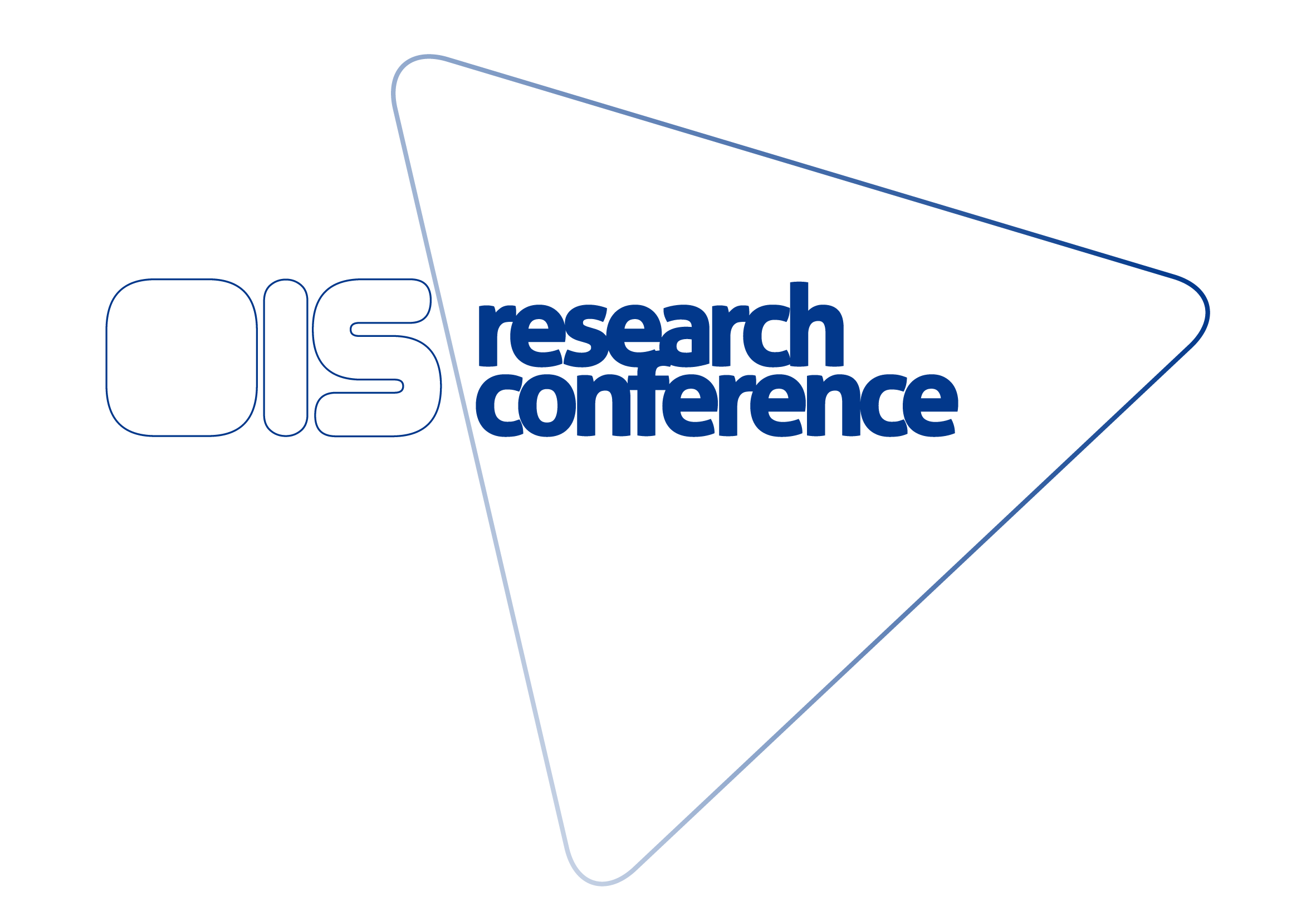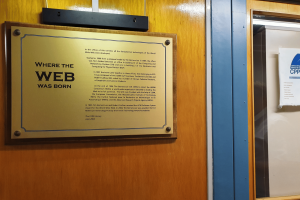OIS Research Conference 2022
May 11-13, 2022 | Geneva, Switzerland
CERN IdeaSquare, hybrid
The OIS Research Conference 2022 took place as a hybrid event at CERN IdeaSquare in Geneva and focused on the relationships between Artificial Intelligence (AI) and openness and collaboration in science.
As new machine learning techniques and artificial intelligence (AI) tools increasingly provide opportunities to improve the ways in which scientific research is conducted – from identifying research gaps to facilitating scientific paper writing – and potentially also enable a more inclusive and collaborative approach towards the production and dissemination of scientific research, the OIS Research Conference 2022 zeroed in on the “relationships between artificial intelligence and openness and collaboration in science”.
In addition to presenting and discussing 23 academic papers on different topics within the OIS research field and getting inspired by seven OIS cases from different scientific disciplines, the conference program included a keynote speech by Dashun Wang (Northwestern University) and an OIS Debate on the special conference theme related to how AI influences OIS with Kevin Crowston (Syracuse University), James Evans (University of Chicago), Hila Lifshitz-Assaf (HYU and Harvard University), and Anita Schjøll Brede (Iris.ai).
The 2022 OIS Experiment also focused on the special conference theme: In groups, participating researchers developed novel research ideas for a grant proposal, first without and then with the help of a specific AI tool (the Iris.ai Researcher Workspace). Building on this, participants were then asked to reflect upon their experiences, particularly by comparing differences in the ideation process and outcome with and without the use of the AI tool. They discussed how using AI potentially influences openness and collaboration in the process. The results from the experiment indicate that AI is potentially useful for identifying and sharing relevant knowledge and for collaborating with knowledge actors outside the boundaries of scientists’ own scientific fields, but it is not (yet) able to fully leverage this potential. At the same time, using AI tools may change the nature of scientific collaborations in subtle ways and lead to behavioral and cognitive challenges for scientists. The experiment raised new research questions regarding how collaborations between human actors and AI can be organized in a productive way.
The outcome of the 2022 OIS Experiment was published in a Science Blog article (How will Artificial Intelligence (AI) influence openness and collaboration in science?) on Elephant in the Lab.
To get an impression of the OIS Research Conference 2022 and learn more about the OIS Experiment, check out the video and the download materials on this page.
Contact
Please contact us for any questions or to be added to our conference mailing list, which will ensure that you receive the latest updates about the annual OIS Research Conference.













